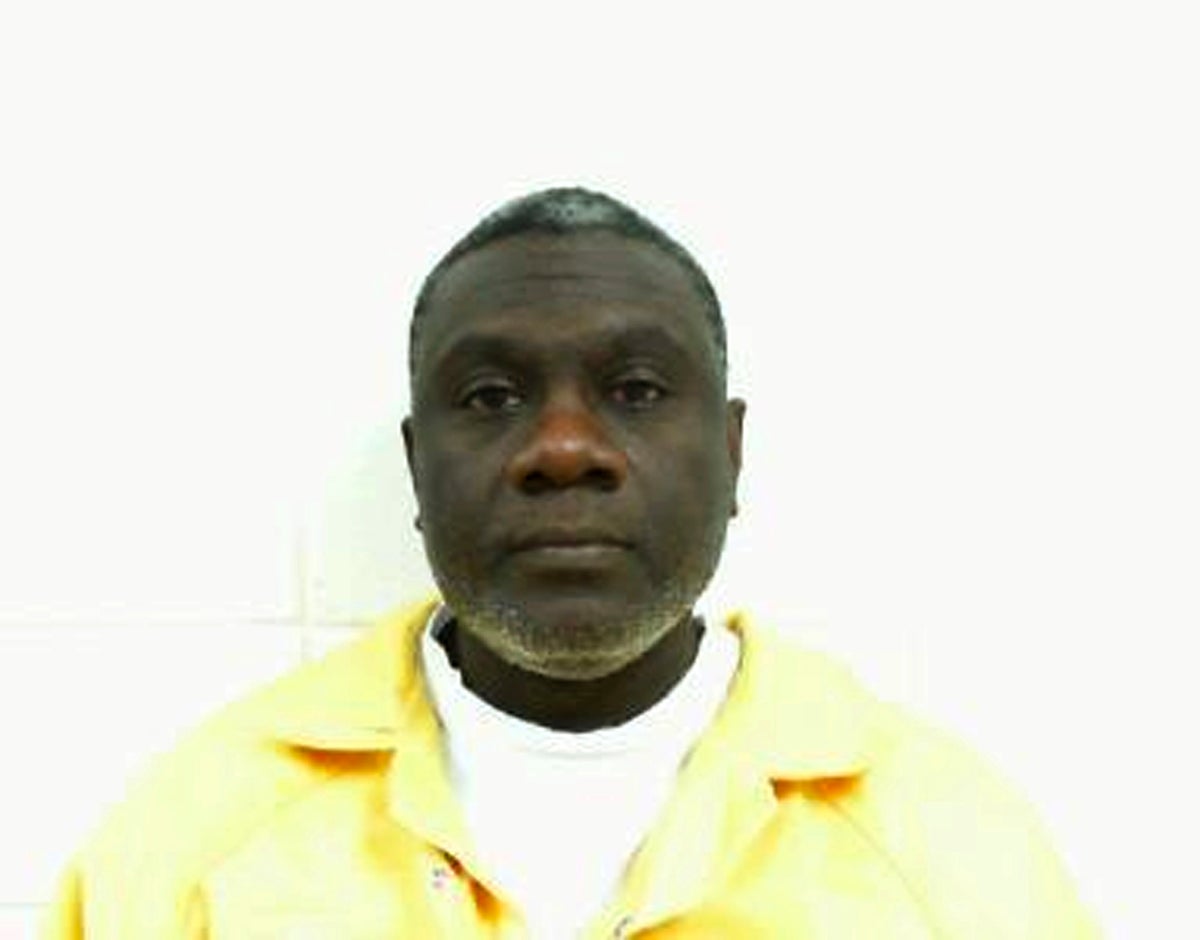
A man convicted of the 1999 slaying of two teenage girls in southeast Alabama was sentenced Thursday to spend the rest of his life in prison.
Circuit Judge William Filmore officially handed down the sentence of life imprisonment without possibility of parole to Coley McCraney. The proceeding was a formality since a jury decided the sentence in April and Alabama law requires a judge abide with the jury's decision in capital cases.
A jury in April convicted McCraney of capital murder for the deaths of Tracie Hawlett and J.B. Beasley, court records show. The two 17-year-olds disappeared after setting off for a party in southeastern Alabama on July 31, 1999. They never returned. Their bodies were found the next day in the trunk of Beasley’s black Mazda along a road in Ozark, a city of 19,000 people about 90 miles (145 kilometers) southeast of Montgomery. Each had been shot in the head.
“The families of J.B. Beasley and Tracie Hawlett have prayed for over two decades that their daughters’ murderer would be brought to justice. While we cannot bring back their loved ones, we hope today’s sentencing will bring them some level of closure,” Alabama Attorney General Steve Marshall, who prosecuted the case, said in a statement.
The slayings rocked the small southern city and sat for nearly 20 years without an arrest until police hired a company to run crime scene DNA through an online genealogy database. Police said they identified an extended family member and then asked McCraney to submit a DNA sample that they said matched the crime scene DNA. McCraney, a truck driver and preacher without a criminal record, was arrested in 2019.
The DNA evidence was the key piece of evidence for the prosecution. McCraney testified that he had sex with Beasley but did not kill her, news outlets reported.
WTVY reported that McCraney showed no emotion as he stood before the judge to hear the sentence.
Defense attorneys said they plan to seek a new trial based on alleged juror misconduct
“We believe that some of the jurors used social media and Googled certain aspects of this case,” defense attorney David Harrison said, according to the station.







